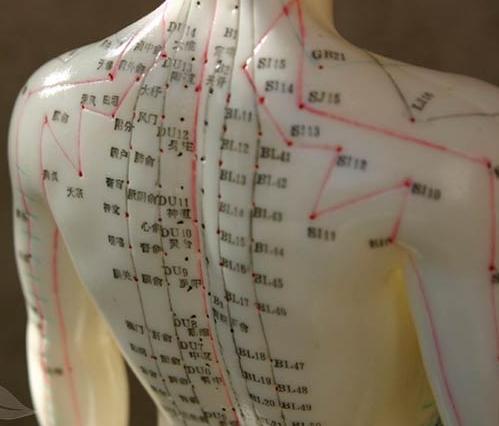In life there are many genuine reasons to feel sad, to get angry, to feel anxious or to feel resentful. The death of a loved one, the loss of a job, being disregarded in your work or personal life, the collapse of a marriage, the ongoing challenges of the material world that we live in… the list is almost endless.
What makes the situation even more difficult is that in today’s society we are often under so much stress that the emotion is not given permission to vent or surface properly, which can lead to other difficult emotions and stronger feelings of sadness, grief, anger etc. and it is a self perpetuating situation.
A Look At Sadness, Grieving & Western Medicine
If you are sad or grieving and you live in a “western civilised country” then you may consider going to a doctor. Friends and family may be supportive, but as the emotion/s persists you and your support group may feel there is no better option. In many cases, depending on how the patient expresses these emotions, the doctor may decide to prescribe anti-depressants to help them.
There may be some cases where as a temporary measure this can appear to help, and unfortunately many other cases where it is the slippery slope to a dependency on prescription drugs.
Of course there are also doctors who may recommend counselling or some form of talk therapy, to give the patient the opportunity to deal with and vent the emotion/s.
Regardless of the route that is chosen, Western medicine does not recognise that certain emotions are linked to specific organs, and can therefore have either a detrimental effect or a balancing effect, depending on the degree and type of emotion experienced.
Traditional Chinese Medicine Recognizes Relationships Between Emotions And Organs
However, traditional Chinese medicine does recognize the relationship between emotions and organs, and it is an integral aspect of how both traditional Chinese acupuncturists and herbalists practice.
In traditional Chinese Medicine there are 7 main emotions which are:
1. Anger
2. Anxiety
3. Fear
4. Fright
5. Grief
6. Joy
7. Pensiveness
Each of these is associated to a different organ or organs. Let’s look very briefly at what these are.
1. Anger which encompasses anger as we know it, as well as resentment, frustration and irritability is linked to the liver.
2. Anxiety is connected to the heart.
3. Fear is linked to the kidneys.
4. Fright is a sudden experience that will initially affect the heart but over time as the fright converts into a conscious fear, then it will also affect the kidneys.
5. Grief has a direct connection to the lungs and if it passes the stage of normal initial grief and manifests into chronic grief, then it may weaken the lungs.
6. Joy is related to the heart. In traditional Chinese medicine the emotion of joy refers to an agitated overexcited state.
7. Pensiveness in TCM (traditional Chinese medicine) refers to over thinking or too much worry, or too much mental stimulation, which relates to the spleen.
These short snippets barely touch on the relationships between the organs – which are rather complex – but the point is that when an emotion becomes excessive or chronic, it will show in the corresponding organ it relates to. We can assess organ health by feeling the pulses and palpating the abdomen, then by draining any excess present in the organ, or strengthening any weaknesses, the emotion can be brought back into balance. We also might look out for physical symptoms which represent organ dysfunction and can suggest chronic emotional disruption. For example, because sadness relates to the lungs, chronic grief may turn into a physical symptom like a long-term cough. Another example is digestive problems in those who over-think and worry, since these emotions relate to the Spleen (digestion) in Chinese medicine. Symptoms which may occur are loose bowels, constipation, bloating, stomach pain or more severe digestive disorders. Or someone with long-tern anxiety experiencing heart palpitations or insomnia (insomnia is often a heart symptom in acupuncture).
Acupuncture is not a miracle happiness cure whereby negative emotions will not exist – it simply balances the severity of the emotion experienced, so you can address the situation or general life from a more grounded perspective. Acupuncture also works to help people deal with the root cause of their imbalances and not just the symptoms. It is a great way to maintain a healthy body, mind and spirit. It can help you understand and deal with your emotions before they become chronic, and can help you re-discover parts of yourself that have become drowned in pools of stress and chronic emotions.
If you have been feeling any or some of these emotions, it can be a great relief to deal with them with the aid of a good and experienced practitioner.


